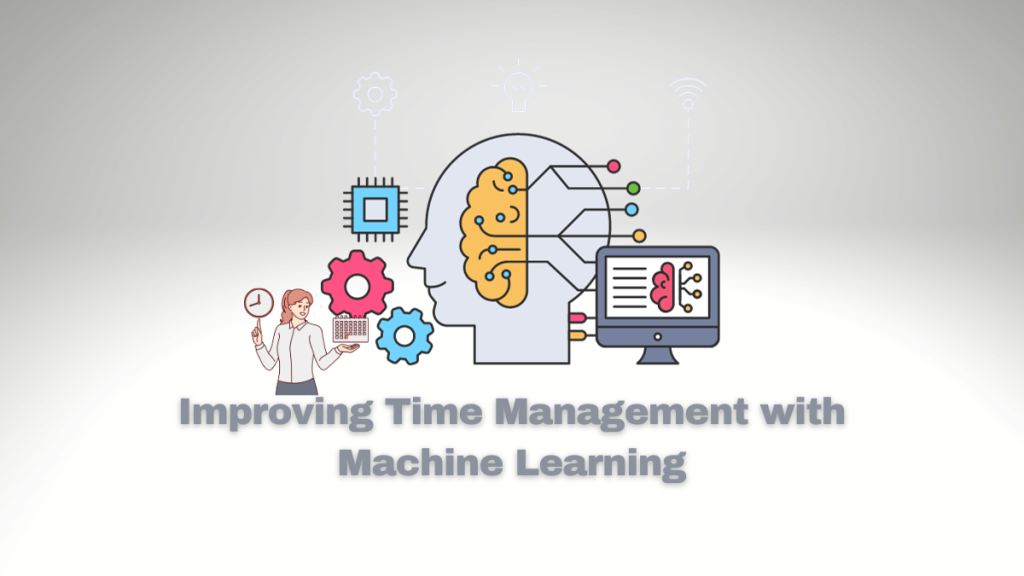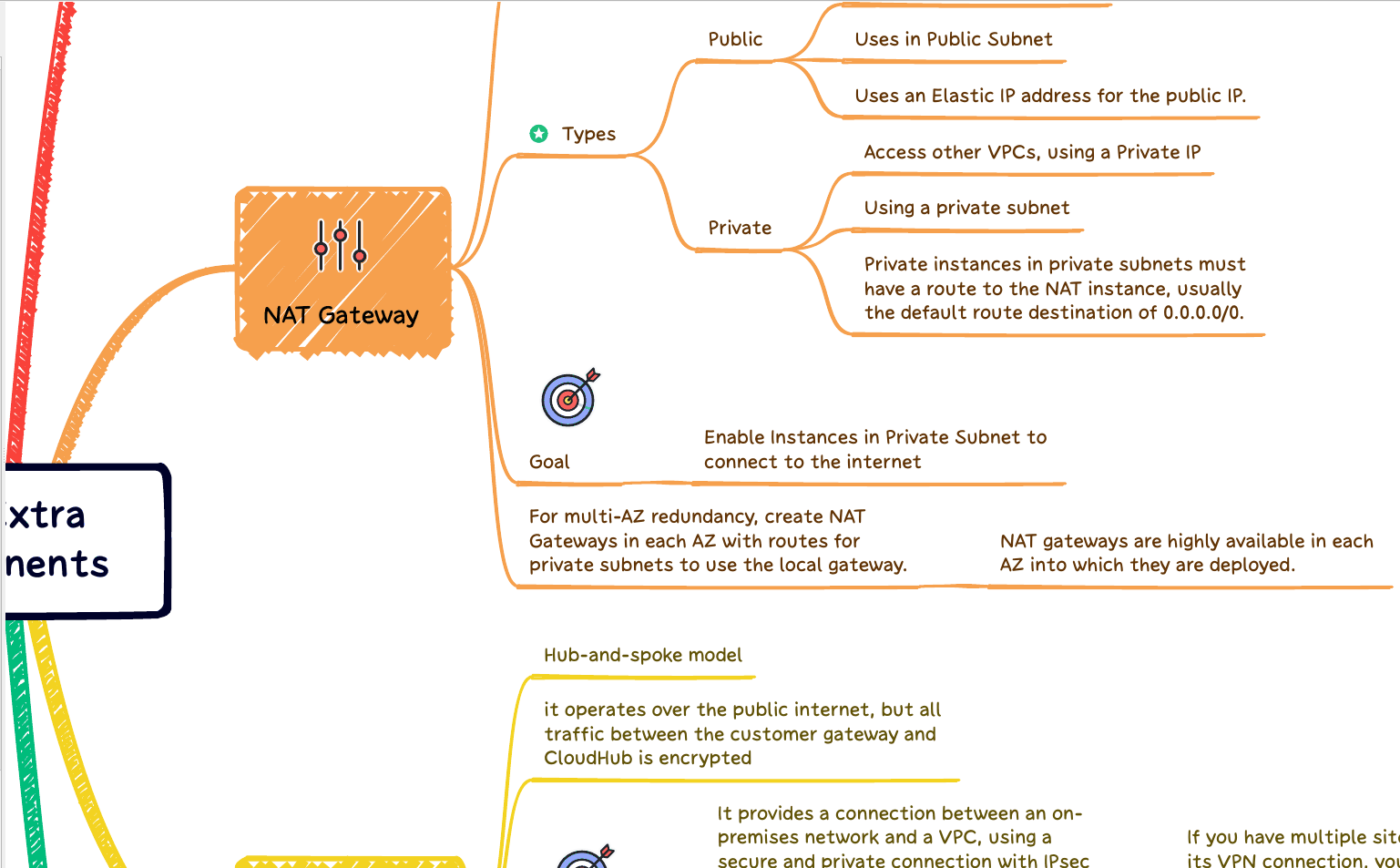Time is a finite resource, and managing it effectively is a universal challenge. With the advent of machine learning, there’s an opportunity to transform the way we approach time management. By harnessing the power of AI algorithms, we can gain valuable insights into our work habits, streamline tasks, and make the most of our precious hours.
Understanding the Need
In our fast-paced world, many of us find ourselves constantly juggling multiple tasks and struggling to prioritize effectively. We’re often overwhelmed by emails, meetings, deadlines, and to-do lists that seem to multiply like rabbits. This is where machine learning can step in as a helpful ally.
AI-Powered Task Prioritization
One of the most significant contributions of machine learning to time management is task prioritization. AI algorithms can analyze your tasks, deadlines, and historical data to suggest which tasks should take precedence. This doesn’t mean the AI will make all your decisions, but it provides you with data-driven insights to make informed choices.
For instance, if you are a student and you have an essay due in two days and a less time-sensitive email to send, the AI might suggest focusing on the essay first by suggesting a reliable essay writing service to help you write your paper fast and get an A in your class. This helps you allocate your time more efficiently, reducing the risk of last-minute rushes and stress.
Predictive Scheduling
Machine learning can also assist with predictive scheduling. By analyzing your past work patterns and considering external factors, AI can recommend optimal times for specific tasks. For instance, if you’re most productive in the morning, the AI can suggest scheduling your challenging or creative tasks during that time.
Moreover, predictive scheduling can factor in external events like traffic, weather, or meeting schedules to ensure you allocate enough time for each task and arrive punctually. In particular, it can help you with the following:
- Optimal Task Timing: Machine learning identifies your peak productivity hours for scheduling challenging tasks.
- External Factors Consideration: AI factors in traffic, weather, and appointments, ensuring efficient time allocation.
- Preventing Overload: Algorithms distribute tasks to avoid cognitive overload, promoting balanced work.
- Balancing Work and Breaks: AI recommends intervals for breaks, enhancing focus and stress reduction.
- Efficiency Boost: Grouping similar tasks minimizes context switching, improving overall efficiency.
- Adaptation Over Time: Machine learning adapts to your changing work habits and needs, becoming increasingly accurate.
Personalized Recommendations
One of the strengths of machine learning is its ability to provide personalized recommendations. Over time, as the AI learns more about your work habits and preferences, it can offer tailored advice for optimizing your time management. These recommendations can include everything from task organization to stress management techniques.
Challenges and Considerations
While machine learning offers promising solutions for improving time management, it’s not without challenges. Privacy concerns, data security, and the potential for over-reliance on AI are valid considerations. It’s essential to strike a balance between leveraging AI tools and maintaining human control over your time management decisions.
So, What’s the Takeaway?
Machine learning has the potential to revolutionize how we manage our time. By harnessing AI-powered task prioritization, predictive scheduling, and automation, we can become more efficient, reduce stress, and make the most of our limited hours each day. While AI can provide valuable insights and recommendations, remember that effective time management remains a collaborative effort between humans and technology.

